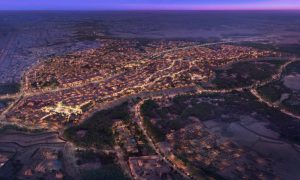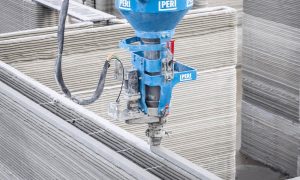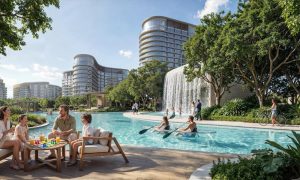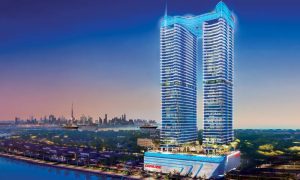Come Together
Big Project ME speaks to the experts to find out how a unified building code could impact the construction industry. Neha Bhatia reports
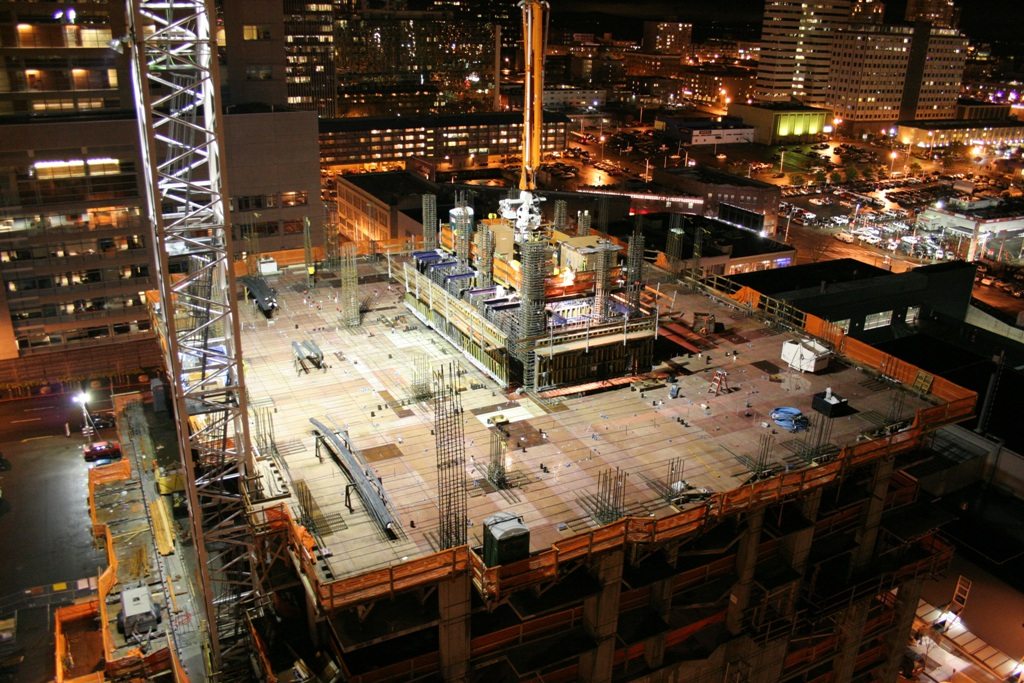
UAE’s emirates have, since before the official creation of the country, been vastly diverse and self-governing entities. The federal government system has allowed each city to create, implement and regulate their own laws – a practice that has allowed for the culturally diverse emirates to thrive. Over the last few months, a debate has arisen as to whether or not the country should adopt a unified building code across all seven emirates. So prevalent has the debate been, that leading daily newspapers have entered into the discussion, questioning the validity of such a move. At present, the country’s existing system allows for each emirate to follow a building code of their choice. For example, Abu Dhabi follows a modified version of the International Building Codes (IBC), a model building code developed by the International Codes Council in 1997 and followed throughout USA. This code was, as the capital city’s government website states, adapted to suit the region and heavily scrutinised for amendments by various sectors of the construction community – government employees, academia and industry leaders such as consulting firms and developers – to customise it for local conditions. Dubai’s building code, until recently was also a combination of the British and American code systems, and the Dubai Municipality has further incorporated other countries’ regulations into its Green Building Code. It stands to reason then, that questions have arisen as to whether UAE’s emirates could, sometime in the future, unite under a single building code that is applicable across the country. Therefore, Big Project ME decided to talk to a few experts to assess the industry’s views on the topic. The obvious place to start was to ask why this would be a good move for the industry. Common and equitable standards across the country’s projects have been touted as a major advantage of a unified code. “The regulation will make for stricter coding, zoning and design standards. A single set of regulations will make it safer for architects and designers when it concerns working with contractors controlling several projects across the country,” says Hesham Sheikh Amin, managing director of Arkitek ICB, Dubai. “There are many issues, such as mismanagement during construction, especially of buildings 30 stories and more, where factors such as wind speed, rain and so on, need special consideration. With a unified code governing the situation’s dos and don’ts, low quality workmanship and mismanagement can be brought to level,” he explains David Whittaker is a technical director of structural engineering at Beca, New Zealand, and co-author of ‘Seismic design of high-rise structures in Dubai, UAE’, a study undertaken in 2007 at the 8th Pacific Conference for Earthquake Engineering. Having worked in UAE in the past, Whittaker raises an important concern with regard to the need for a unified building code. “The trouble with using a mixture of international codes is that it leaves room for inconsistency. A single code, instead, would allow machinery and systems to be standardised across the emirates”, he tells Big Project during a phone interview. “Standards for construction across the emirates are different too, so to bring them under a single umbrella would be a good move. As I recollect it, Dubai’s building codes used BS6399 at the design stage and seismic & earthquake measures from the American system. With geologies so diverse across the world, it would be wise to bring the international regulations and concepts under a unified code better-suited for the region.” “High-rise towers and buildings across Dubai have in the past been built without much thought for how they react to the weather conditions of the region, and it is highly likely that this is a common mistake in other emirates and Gulf countries too. With Dubai’s involvement in the process, our provisions to eliminate such concerns could extend to every city following the code”, says M A (name withheld by request), an architectural engineer at the Dubai Municipality. However, Ali Abdel Aziz Ali, a geotechnical engineer at Al Hai & Al Mukaddam is not particularly pleased with the idea of a unified code. “Geologically, UAE is a diverse country. Soil compositions differ between Dubai and Abu Dhabi and all the other emirates, trying to unify which could create more problems than solutions. Strictly speaking, even our seismic codes far exceed our susceptibility to earthquakes, and it is perhaps our close proximity to the the Hajar Mountains in Oman that has led to Dubai being classified as a Zone 2B for all G+10 towers,” he explains to Big Project ME. “Numerous building codes already exist across the world that have been adapted into the emirate’s building codes, and I don’t think we need any more.” M A contrastingly believes that UAE is gradually heading towards a unified building code. “Abu Dhabi launched their sustainability drive, the Estidama in 2008, and we at Dubai Municipality announced our Green Building Code plans a little later in 2009. The vision of the governments is moving in the same direction, and this will over time result in regulations that are largely similar,” he says. “As an architect, I believe a green (environment-driven) building code should be the same in Abu Dhabi and Dubai and the Gulf region, because they eventually fall under the same conditions. A unified code will be better for developers and investors, and it is only a logical move for a region as similar as ours.” He is concerned about the variable of time, though; “As a federal system, Abu Dhabi has its own regulations, so does Dubai and so do Saudi Arabia and Kuwait. Sometimes, if you wait for everyone to agree over something, you wait too long. If proactivity is what differentiates Dubai from the rest, so be it. Every region has its own vision, and that doesn’t make them ‘wrong’ in their approach.” “If I’m not entirely mistaken, Dubai and Abu Dhabi already have an arrangement in support of a unified code, and I have witnessed meetings between municipalities of Kuwait, Saudi and Qatar regarding a unified building code for the region. I also believe there is rationale behind a unified green building code for the emirates and other countries from the Gulf. Our ultimate aim is the same. Even if the systems and practices are different, the desired result is to conserve resources such as energy and water.” The arguments against a unified building code are few, and it is seemingly an eagerly-anticipated move across the industry. Whittaker believes a unified building code would largely standardise the UAE construction industry’s practices at every stage of a project’s development. Amin is inspired by the idea that a unified code could reduce irregularities across each emirate’s projects. Though M A feels unified codes might hamper the rate of construction across the emirates as a result of varied regulations brought together, he considers it a short-term drawback that can be eliminated by leaving room for amendments and exceptions. “There are factors for and against the unified code, but if viewed purely logically, the creation of a unified code is a matter of time.”




